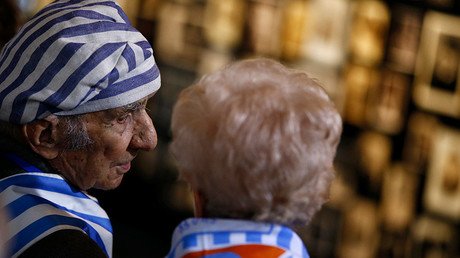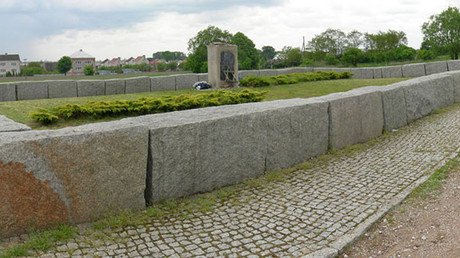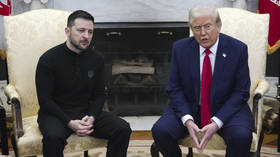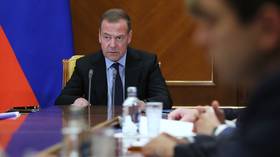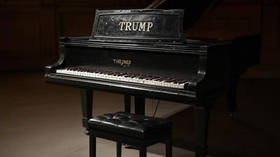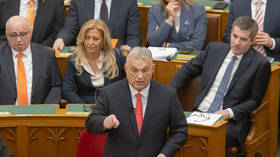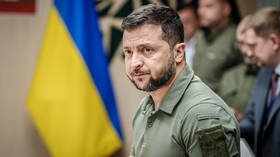‘Poles killed more Jews than they did Germans’: US historian ready to face Polish court over article
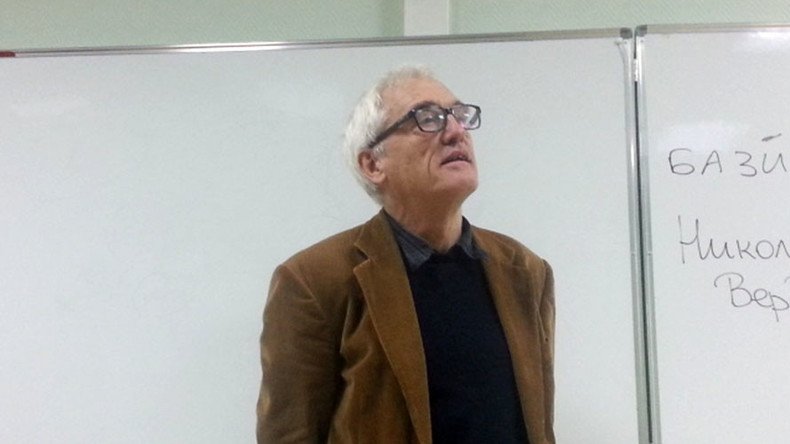
A US historian who wrote that “Poles killed more Jews than Germans” in WW2 in one of his articles, says he is ready to defend his words in court after it emerged that Warsaw had reportedly decided to reconsider closing the probe against him.
“It’s very disturbing. It’s political. I don’t believe that court is the place where historical issues having to do with Polish-Jewish relations during the war should be debated,” Jan Tomasz Gross, a US Princeton University professor of history and sociology, who is himself of Polish origin, said in an interview to Haaretz newspaper over the weekend.
Gross was accused of “publicly insulting the Polish nation [and] the Republic of Poland” back in 2015 for the views expressed in his article entitled “Eastern Europe’s Crisis of Shame” published in the German daily Die Welt. The charge can lead to jail time of up to three years in Poland.
In the article, Gross sharply criticized eastern European countries, including Poland, for their “intolerant, illiberal, xenophobic” stance on the refugee crisis that has engulfed Europe. The historian claimed that Poland’s “heartless” behavior and rhetoric lie deep in the country’s “murderous past.”
“Consider the Poles, who, deservedly proud of their society’s anti-Nazi resistance, actually killed more Jews than Germans during the war,” Gross wrote. He also claimed that the Poles who helped Jews during WWII were outsiders in their own land even after the war, and had to hide their deeds from neighbors out of fear of being shunned or even threatened.
Controversy surrounding the historian has been mounting ever since the article was published, with many Poles feeling offended by his words. Authorities claim they received angry letters calling on the government to punish the scholar and take back his state award, an Order of Merit he received in 1996 for his work on Poland.
“They got angry that a crazy guy like me writes something which is so banal that anybody who is a historian of that period and knows anything will tell you. I wanted to bring to people’s mind the enormity of the crimes made by Polish fellow citizens against Jews. This is unfortunately the case. Poles killed a maximum 30,000 Germans and between 100,000 to 200,000 Jews,” the historian told Haaretz.
The historian was questioned by the Polish prosecutor in April this year but no charges were pressed following the questioning.
“I told [the prosecutor] straight that I was not trying to insult the Polish nation. I was trying to raise awareness about the problem of refugees in Europe,” Gross told AP at that time.
According to Gazeta Wyborcza, the prosecutor’s office reversed the decision and said it would address the professional opinions of other historians regarding Gross’ claims and only then decide whether to file charges. The investigation will continue into 2017.
Gross claims that the Polish right-wing conservative government that was elected last year may be behind the decision to carry on with the probe against him.
“This strange regime works very hard on falsification of history, and now they want to falsify the history of Polish-Jewish relations in the war,” he told Haaretz.
Apart from the controversial article, Gross is best known for his book “Neighbors: the Destruction of the Jewish Community at Jedwabne, Poland,” in which he tells about documented atrocities, including the torture, slaughter and burning alive of some 1,600 Jewish people in the town of Jedwabne, which were committed by local Poles.
“Things happened not only in Jedwabne,” Gross noted to Haaretz, stating that attempts to rewrite history and put the blame for the murders on Germans and not Poles, which have been undertaken by some Polish historians, is criminal. For instance, Poland’s Institute of National Remembrance has been pushing for an exhumation of the mass grave at Jedwabne to seek proof that people there were killed by Poles, and not Germans. Gross told Haaretz he plans to present testimonies to prove his findings in the matter are taken to court.
“This is false, a lie about history,” Gross said about attempts to blame Jedwabne on the Germans.
“I will correct this. I’ll say how things happened not only in Jedwabne but [elsewhere]. I’ll bring people to testify. I stand by my work,” the historian stressed.
